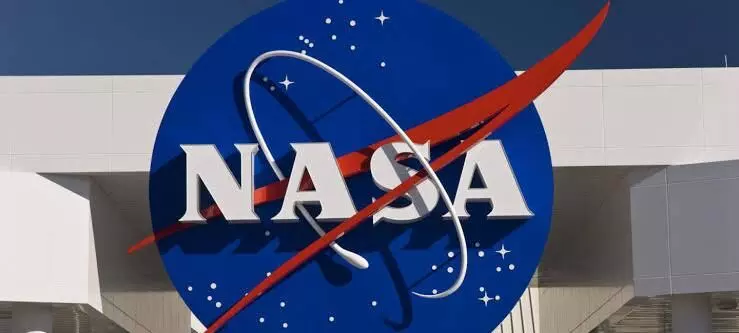
NASA develops technique to protect ISS crews from radiation
text_fieldsWashington: NASA scientists have developed a technique to predict the risk of radiation on the International Space Station (ISS) for future explorations, reports IANS.
The result, published in the journal Nature-Scientific Reports, from an ISS Medical Monitoring study of ISS astronauts found how an individual astronaut's sensitivity to radiation exposure on Earth can predict their DNA's response during space flight as measured by changes to their chromosomes.
Senior scientist Honglu Wu, from NASA' Johnson Space Center in Houston, said they wanted to know if it is possible to detect and measure radiation exposure damage in astronauts' bodies. Also, whether it defers with respect to factors such as age, sex etc., that could be measured before the astronauts go into space. He added that they hope to use these measurements to develop methods to protect astronauts from radiation.
Prior to the astronaut's flight to the space station, researchers examined their blood cells to assess their baseline chromosomal status against which any future alterations could be measured. The examined blood samples were intentionally subjected to gamma-ray radiation later to measure how easily their cells accumulated chromosomal changes. This measurement gives each astronaut's inherent sensitivity to radiation.
Also, when they returned from the space station, astronaut's blood samples were retaken and subjected to assessment of chromosomal alterations.
Researchers found that older crew had higher baseline chromosomal irregularities and were more sensitive to developing chromosomal alterations than younger ones. They said that it was an intriguing challenge to create a statistical method for analysing all the blood samples to see the astronauts pre-flight levels of radioactivity influence in predicting their spaceflight induced chromosome alterations.
Younger astronauts are thought to be more susceptible to long term health consequences, out of exposure to space radiation, than older ones, partly because the former has more lifespan than the latter.
Radiation in space is caused primarily by three sources, which are particles trapped in the Earth's magnetic field, particles shot into the space during solar flares and galactic cosmic rays from outside our solar system. NASA's Human Research Programme calls for research to develop countermeasures such as cure and early detection technology to find the after-effects of exposure to space radiation.























